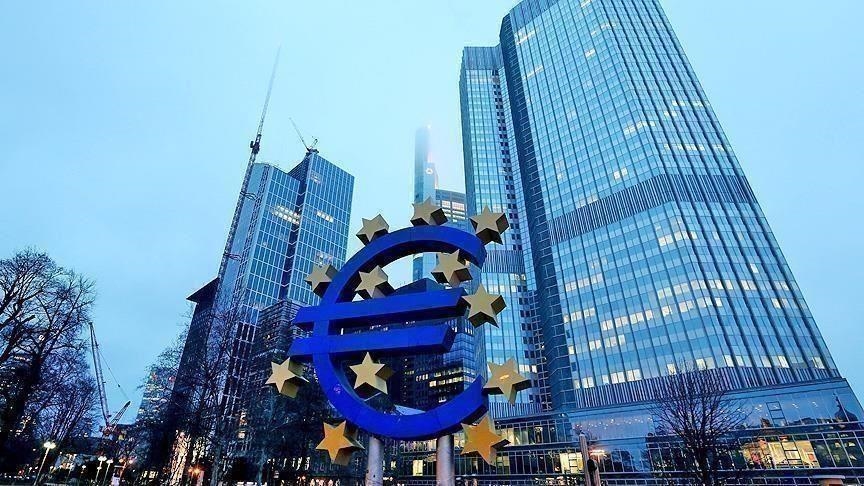Eurozone inflation exceeds central bank target for the first time in months

The annual inflation rate in the Eurozone jumped to 2.1% in August, surpassing the target set by the European Central Bank at 2% for the first time since April.
The preliminary reading, which exceeded economists' expectations in a Reuters survey of 2%, showed core inflation stable at 2.3%, the same level as July, noting that this measure excludes prices of more volatile items such as food, energy, alcohol, and tobacco.
In other details, service price inflation, a closely monitored indicator, slightly decreased to 3.1% in August compared to 3.2% in the previous month.
Following the announcement of the data, the euro remained relatively stable after being weak prior to its release, declining by 0.5% during today's trading to record $1.165.
This comes at a time when the decision of the European Central Bank's monetary policymakers varies, after they adopted a "wait and see" approach during their last meeting in July, keeping interest rates unchanged at 2%. The bank had previously cut borrowing costs by half through eight steps that began in June 2024.
Traders have lowered their expectations for further interest rate cuts since the European Union signed a trade agreement with the United States in late July. Derivative contracts, according to Reuters data, indicate that the odds of another quarter-point cut by March have become equal at 50-50.
Recently, policymakers at the European Central Bank have sent mixed signals regarding inflation risks. On one hand, Olli Rehn, the governor of the Bank of Finland, stated in remarks to the Financial Times over the weekend that inflation risks "tend to the downside," pointing to "declining energy prices, a strong euro, and reduced inflation pressures in the services sector."
In contrast, Isabel Schnabel, a member of the Executive Board of the European Central Bank, told Reuters on Tuesday that the "balance of risks" has become "tilted to the upside," reflecting a state of uncertainty surrounding the future trajectory of the economy.